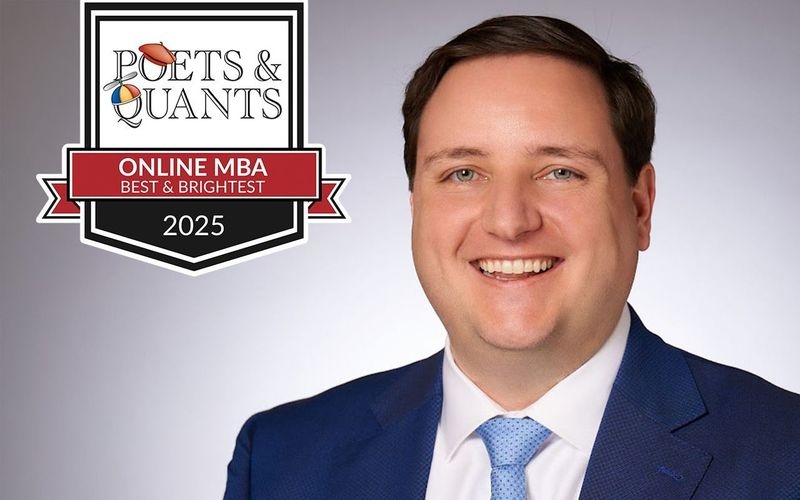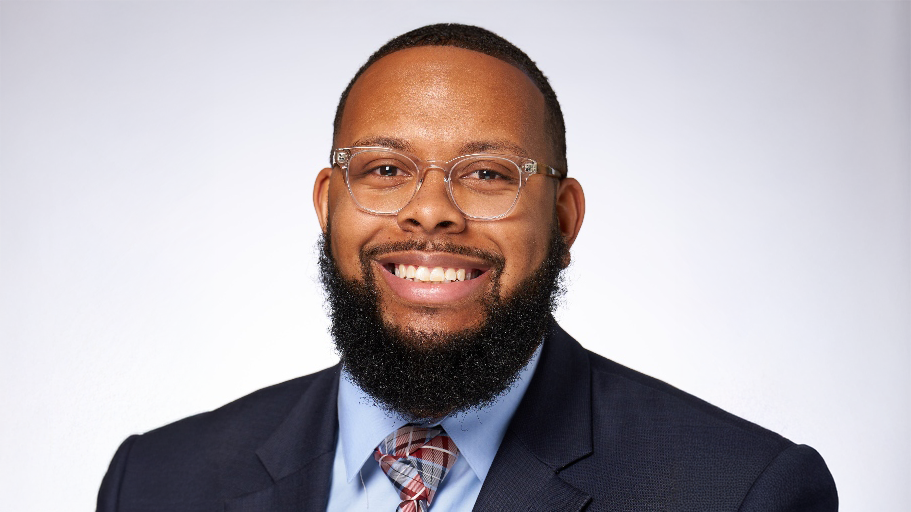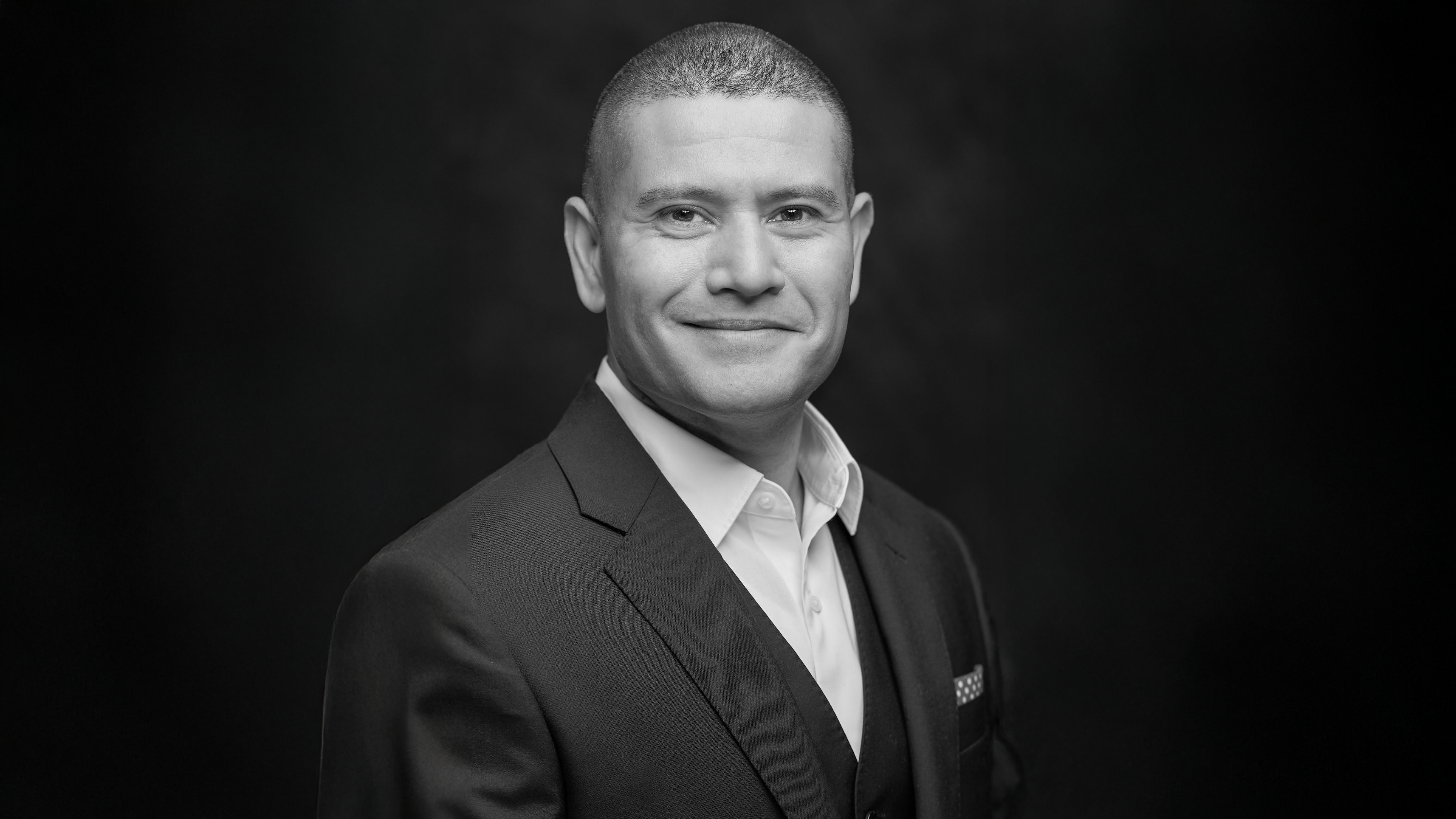Semester Long Project Leaves Meaningful Impact on Military Families

If you want to advance within an organization, which skills do you need? And if asked to evaluate your co-workers’ performances to increase your team’s effectiveness, what’s the best way to do it?
Jenkins MBA students addressed those key issues for college interns with the national grant program Project Youth Extension Service (YES). The program is supported by the United States Department of Agriculture’s National Institute of Food and Agriculture and the U.S. Department of Defense Office of Employer Programs and Policy’s Yellow Ribbon Reintegration Program.
Project YES, a professional-development program based at NC State, trains students to work with kids in military families impacted by deployment.
Last semester, 44 students in professor Beth Ritter’s Human Capital Management class talked with Project YES staff interns and team leads to develop competency models and evaluation tools for the program. The Jenkins teams also produced videos to explain how to use their models.
“We’re really excited about what the MBA students have done,” says Myra Moses, national associate director of Project YES in NC State’s College of Agriculture and Life Sciences.
“For my interns, having people value what they do is important…They’re looking forward to implementing competency models and a feedback form in the spring.”
Jenkins students developed the competency models for Project YES staff interns and team leads, based on the skills Project YES workers said they need to do well in their role. Carolyn Costache’s team created competencies for three levels: learner, performer and role model. “It shows you how to get from point to point,” the part time, online MBA student says. “It’s a road map for your professional development.”
Some of the competencies are organization and planning, teamwork and collaboration, communication, conflict management, and professionalism.
The feedback forms Costache’s team created will allow a peer evaluator to plot where someone is on the continuum of learner, performer and role model to assess effectiveness.
Project YES will choose from among the different versions of evaluation formats and competency models the MBA teams developed. The tools will increase her interns’ ability “to work as a cohesive unit to coordinate events” around the U.S., Moses says. The events build participants’ life skills and resilience through activities that focus on communication, conflict management, stress management and other areas.
The MBA evaluation forms are “rooted in the competencies, not just individuals’ opinions,” Moses says. “They provide a common language they can all use about the competencies they’re evaluating.”
Some of the forms can be completed with a cell phone. “The interns have done a great job of giving each other verbal feedback, but having a form they can quickly access at or right after an event has been a real challenge,” Moses says.
The Project YES service-learning work provided an opportunity for MBA students to apply the skills they’ve learned in Jenkins’ program.
“As managers, they will coach, develop and train employees. The models and evaluation formats they created are tools that managers can use in coaching others,” Ritter says.
Tiff Sorber used her knowledge of incentivizing employees, performance indicators and learning-competency tools to help Project YES interns. “The practical application of what I have learned and am learning in the MBA program helps me in my current role and in any future business role, especially in management,” she says. She’s a senior business strategy analyst with IBM/Red Hat.
Most valuable for her from the project was gaining “real-world experience in using competency tools and setting key performance indicators,” says Sorber, a part time, online student who expects to finish the MBA program in 2023.
“The MBA students really engaged in their work and provided high-quality, useful tools for Project YES. This is critical work that the organization would not have been able to complete so quickly if we had not helped them.”
That critical work will help Costache in her own career advancement as a senior specialty representative with biopharmaceutical company Amgen. She expects to finish the MBA program in 2022.
Her company has competency models for every position. “I live by the competency model…to build my career development plan,” she says. “I look at the skill gaps I have and plan out experiences and projects that will get me to that next level.”
After the Project YES work was over, Costache says, “I revamped my career development plan and resubmitted it to the company. It inspired me to make mine even better.”
This post was originally published in Jenkins MBA News.
- Categories:


